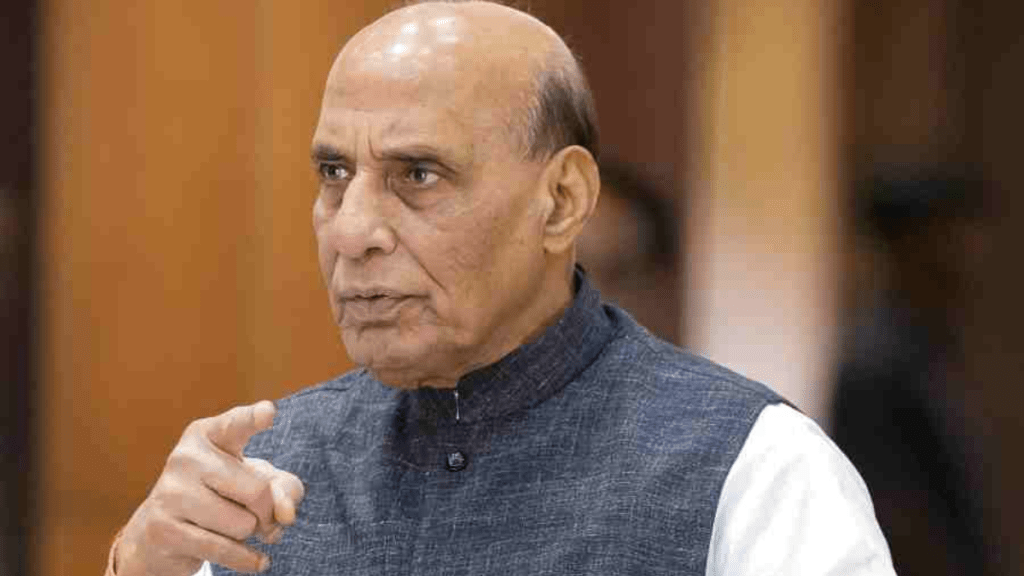Pakistan‘s Ministry of Foreign Affairs has “strongly condemned” Defence Minister Rajnath Singh‘s latest comments on Sindh province. The Ministry issued a statement which called Rajnath’s comments “delusional and dangerously revisionist”. The statement said that such remarks reveal a “Hindutva mindset that seek to challenge established realties and stands in clear violation of international law, the inviolability of recognised borders, and the sovereignty of states.”
Pakistan also asked Indian leaders to stop using language that could raise tensions. It said Rajnath Singh and other leaders should avoid statements that might harm peace in the region. It also said India would do better to concentrate on protecting its own people, especially those from vulnerable minority groups.
Full statement here:
What did Rajnath Singh say about the Sindh province?
Rajnath Singh on Sunday said that even though Sindh is not part of India today, borders can change in the future, and the region could return someday. Speaking at an event organised by the Sindhi community, he referred to LK Advani’s writings, noting that many Sindhi Hindus of Advani’s generation still struggle to accept that Sindh was separated from India. Pakistan was formed during the 1947 Partition, and the Sindh region along the Indus River has been part of Pakistan ever since.
‘Our people of Sindh..’ – Rajnath Singh says region will always be part of India
Singh said that people across India, not only in Sindh, saw the Indus River as holy. He also noted that many Muslims in Sindh felt the river’s water was as sacred to them as the Aab-e-Zamzam in Mecca.
“This is Adavni ji’s quote. Today, the land of Sindh may not be a part of India, but civilisationally, Sindh will always be a part of India. And as far as land is concerned, borders can change. Who knows, tomorrow Sindh may return to India. Our people of Sindh, who hold the Indus River sacred, will always be our own; no matter where they are, they will always be ours,” he said. Singh, however did not name the book he was talking about.
Back in 2017, Advani, who had also served as deputy prime minister, said at an event in Delhi that India felt incomplete without Sindh. He was born on November 8, 1927, in Karachi, the capital of Sindh Province, which is now in Pakistan, and he often expressed sadness that his birthplace is no longer part of India.
Sindh deeply linked to India’s identity, says Rajnath Singh
During his speech on Sunday, Rajnath Singh said that after Partition, most of the Indus River ended up on the Pakistani side, and the whole Sindh Province is now in Pakistan. He added that this does not reduce the value of the river, the region, or the Sindhi community for India, and that their importance remains the same as it was thousands of years ago.
He said the name Sindh is deeply linked to India’s cultural identity and to the identity of the Sindhi people. Pointing to the national anthem, Singh noted that people still proudly sing the line mentioning Punjab, Sindh, Gujarat, and Maratha, and will continue to sing it for as long as India exists.
